What really goes into your Starbucks coffee?
As the Starbucks controversy continues to spread across the nation, it’s time to ask yourself: how well do you know the chain that makes your morning brew?
Photo by Sarah Gilbert, Flickr
The Starbucks chain has become a longtime favorite for many coffee lovers in the US, including those at SSES. But with both consumer critics and politicians bringing more of its corporate flaws to light, it’s now finding itself under attack.
Many Upper School students simply can’t start their day off right without a Starbucks cup o’ joe in the morning before heading to class. Much of the country acts the same way–we just can’t get enough of our Starbucks. But there may be a catch to that latte: a moral catch.
A series of controversies arising in recent years has put the company in a bitter spotlight, one that critics and fans alike are devastated by. After ongoing disputes and scandals about fair wages for producers and industry sustainability, it’s quickly become clear that Starbucks hasn’t always been as transparent with its consumers as it’s presented itself to be.
The important question we should be asking is: should we, as ever-loyal customers craving the cream-and-green brand, be more aware of the ethical concerns surrounding each and every cup of coffee? In short, yes, we should. Here’s the lowdown:
Among the biggest issues, anti-Starbucks critics are voicing is the company’s failure to meet the standards of Fair Trade. Sponsored by the Fair World Project (FWP), the concept of Fair Trade aims to 1) financially support the country’s small-scale farmers and producers and 2) promote the use of a more sustainable method of agriculture. According to the Organic Consumers Association, which is currently campaigning to boycott the company, Starbucks falls short on both of these fronts; its own website, however, proclaims otherwise in a way that the OCA labels “fudging the truth with statistics.” These are some of the reasons why the OCA believes Starbucks is anything other than “Fair Trade Certified”:
Use of non-organic milk – Although Starbucks has marketed itself as a chain that uses wholesome, natural ingredients in its coffee, critics were up in arms after it was found to be using milk containing rBGH (recombinant Bovine Growth Hormone). While this hormone has been proven to be potentially harmful to both human and cow health (as researchers have linked it to cancer and udder infections), the OCA is pushing Starbucks to go organic more for the sake of smaller farming businesses. With the monopoly of larger non-organic producers becoming more prominent, local farmers are facing tough competition and gradually losing the market. If Starbucks were to support these localities, protestors think it would be a big step forward in promoting both environmental sustainability and consumer welfare.
“Starbucks Certified,” but not “Fair Trade Certified” – Here’s where the OCA complains about statistical discrepancies that the Starbucks site has advertised, which they break down into two main points. First is the issue of “ethically sourced” coffee beans. In 2011, the company released a statement pledging to purchase 100% of their beans from producers with sustainable growing practices by 2015. Now, in 2019, the company claims that they are up to 99%, and are currently on track to reach that last 1%. But the important thing to keep in mind is that these percentages are based on Starbucks’ own “in-house” rules, standards that it sets for itself as an independent company; they are not, in fact, adhering to the requirements of Fair Trade, which are seemingly higher-reaching and much more particular.
The second issue is that of the minimum wage for farmers. Fair Trade demands that buyers purchase their coffee for a minimum set cost of $1.20 per pound (or $1.41 per pound if it’s organic) in order for them to properly maintain their land and facilities. Starbucks pays that amount, but through a series of what the OCA calls “middlemen,” people who buy from the farmers and sell the coffee to the businesses that need it. This “middlemen” transaction usually averages around $0.40 per pound, meaning that the total amount actually paid to the farmers is a mere $0.80 a unit.
But how is Starbucks countering all these controversies? By the look of its site, it’s promising big things for the present and future of coffee agriculture.
The brand’s commitment to C.A.F.E., or Coffee and Farmer Equity practices, acts as a kind of Fair Trade initiative that “ensures coffee quality while promoting social, economic and environmental standards.” Under Conservation International’s Sustainable Coffee Challenge, which aims to primarily “make coffee the first sustainable agricultural product,” it has established a list of long-term goals, three of which most directly tackle the problems addressed by the OCA.
In summary, these three are:
- Training a total of 200,000 coffee farmers around the world by 2020
- Investing $50 million in farming business loans by 2020 to help maintain and improve their land, as well as finance more sustainable growing practices (was originally $20 million but was bumped up in 2015)
- Planting 100 million coffee trees by 2025
Additionally, Starbucks has also established several Farmer Support Centers in major coffee-producing countries such as China and Rwanda, as well as worked to create a more recyclable, decomposable cup and lid for their hot drinks. In terms of architecture and construction of its buildings, it has built 1,500 LEED© certified (Leadership in Energy and Environmental Design) facilities collectively as of a 2017 Global Responsibility Report.
As consumers, we have a basic right to know what’s going into our food, but with that right, as citizens of the larger world community, we also have a responsibility to buy from corporations that are mindful of the environmental and social impacts generated by their industry. In some cases, critics and protestors may be pushing for a boycott; however, perhaps their ultimate goal ought to be to educate others about the importance of consumer awareness.
So while it’s perfectly fine to pull up to the drive-thru each morning to satisfy that caffeine craze, be sure to think about how that daily routine can make a lasting imprint on our planet.

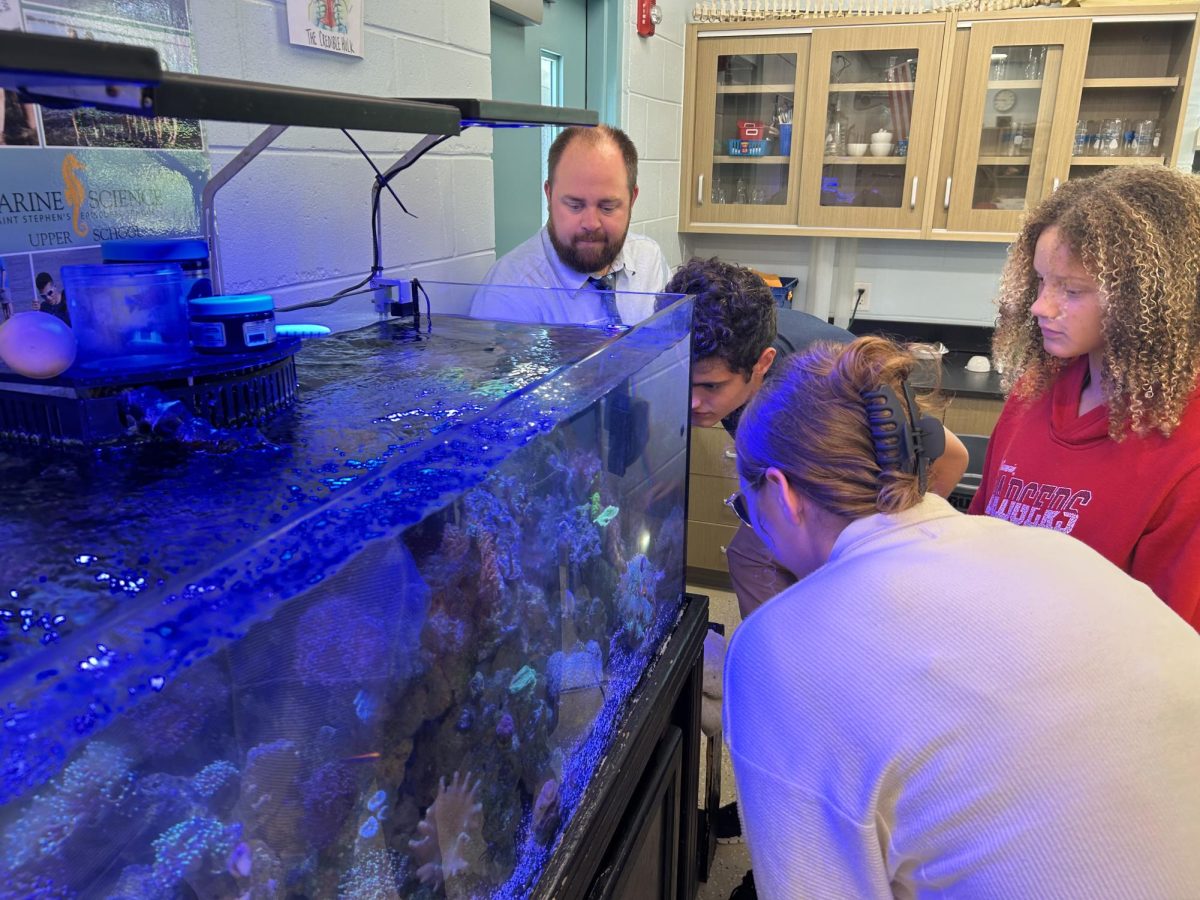
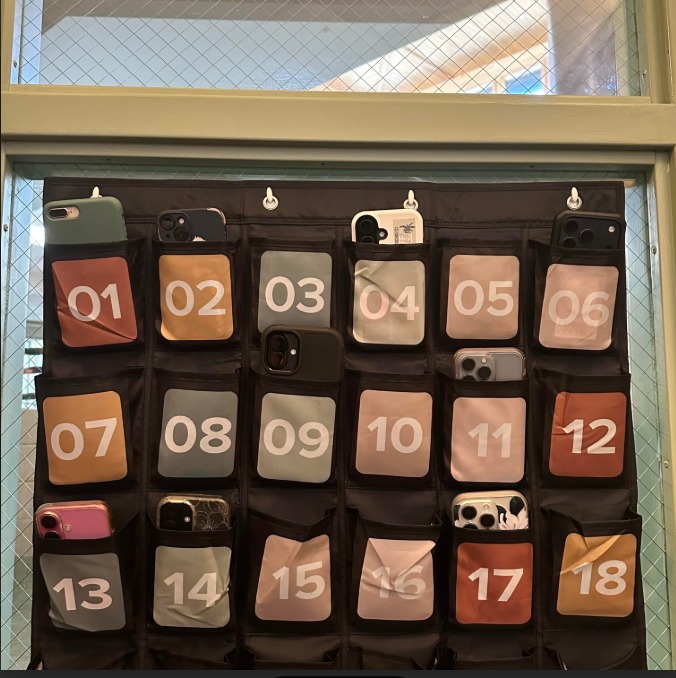





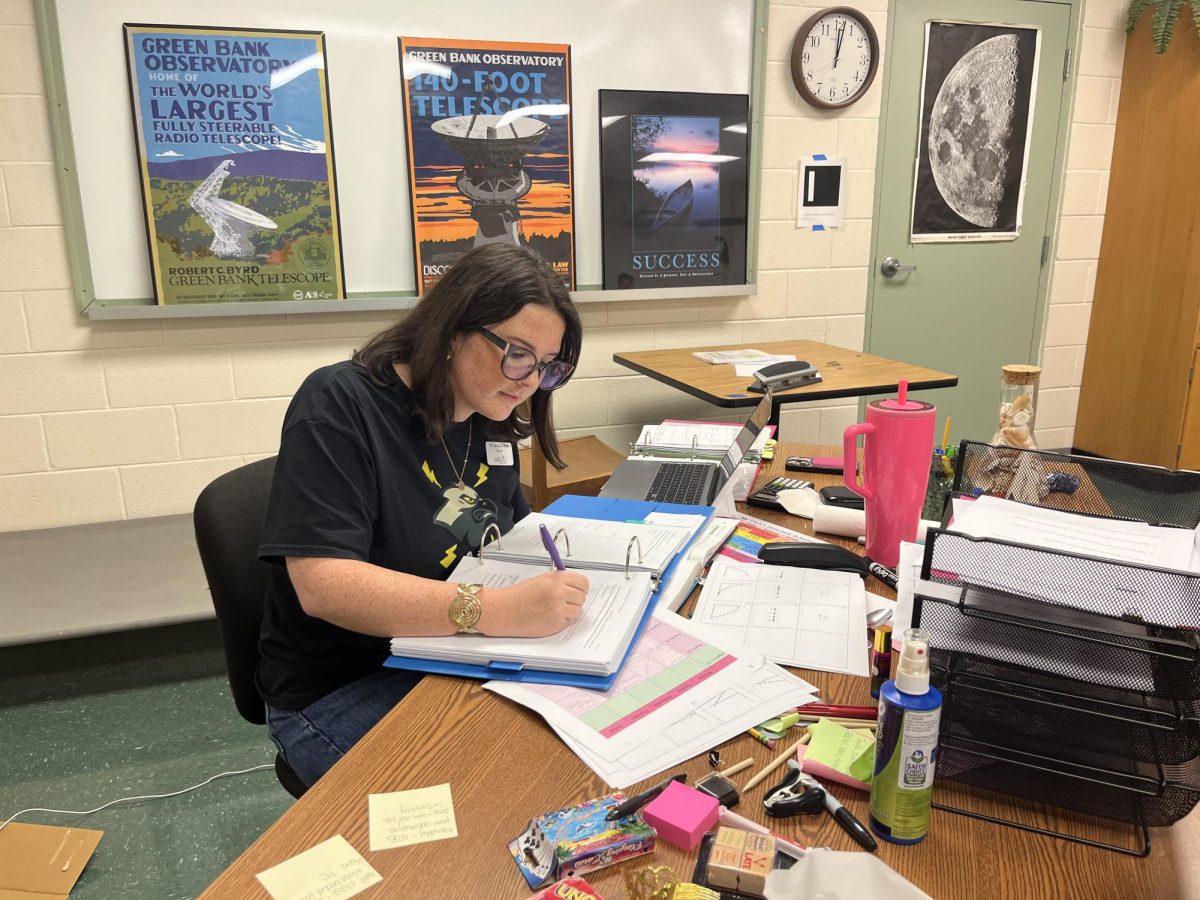
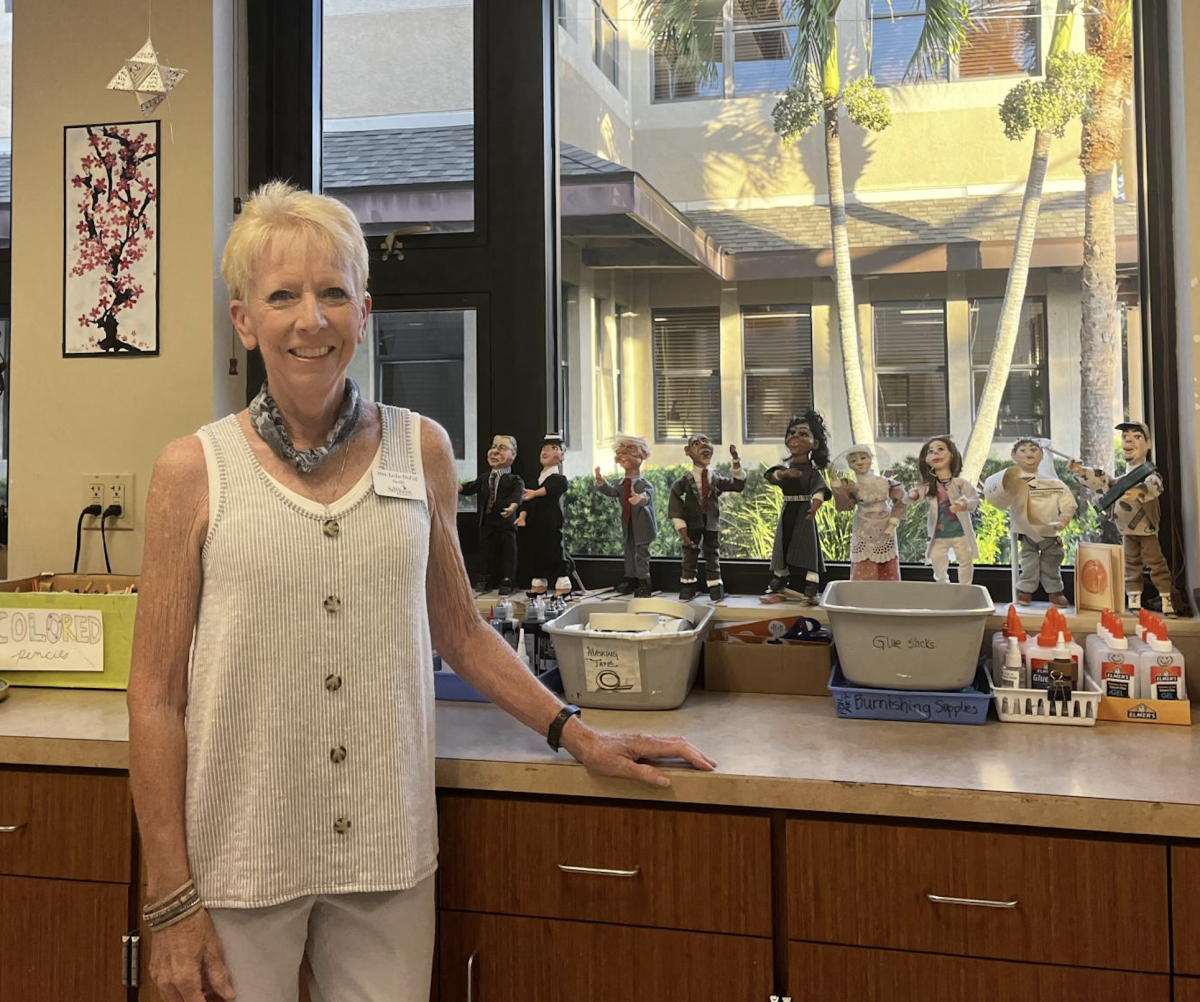

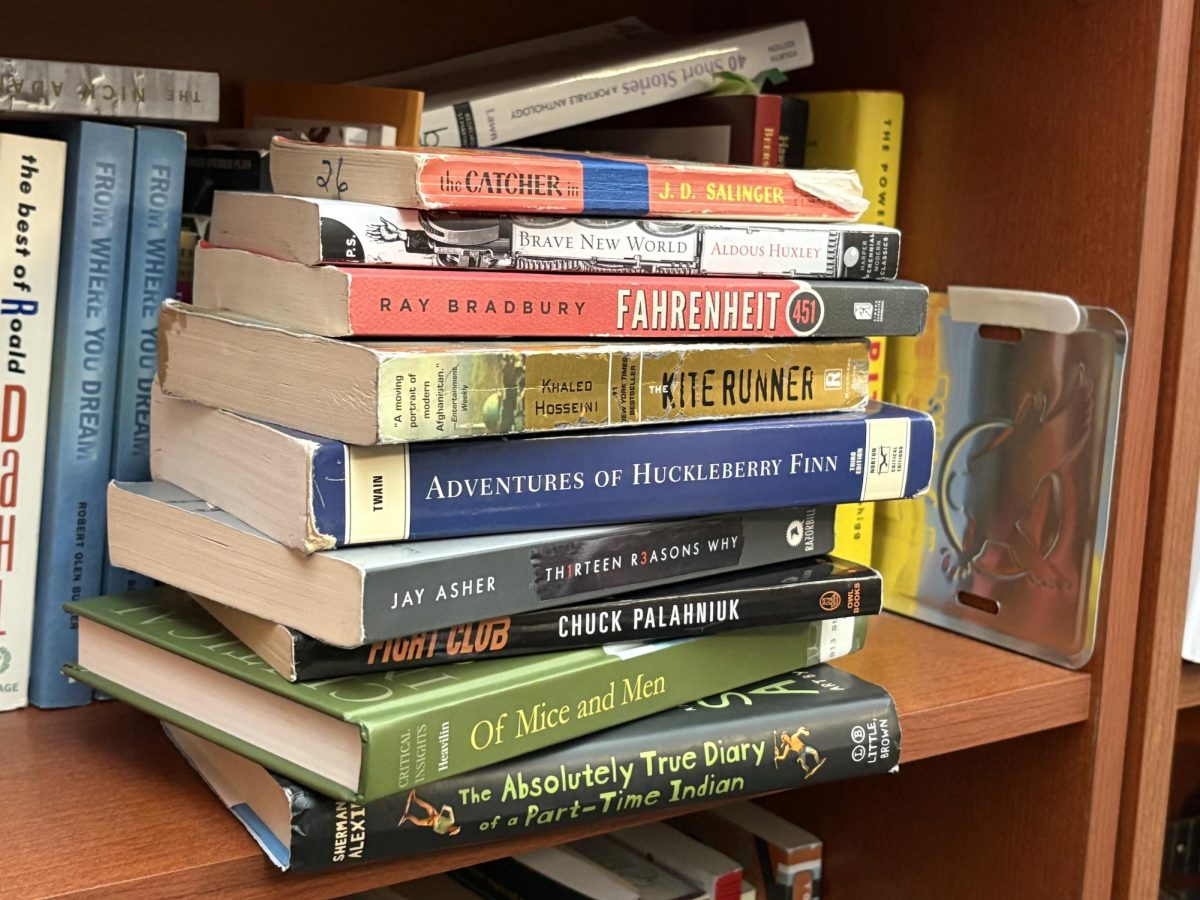

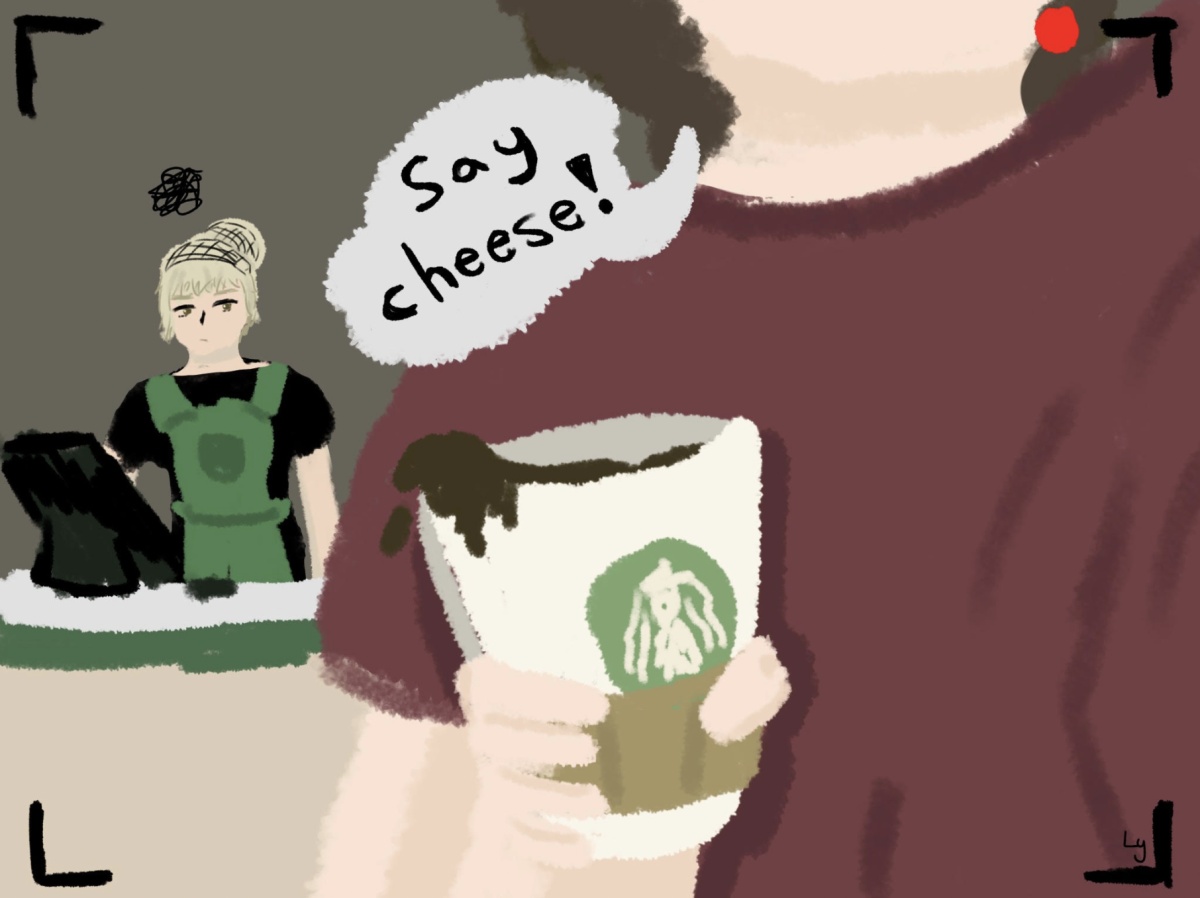
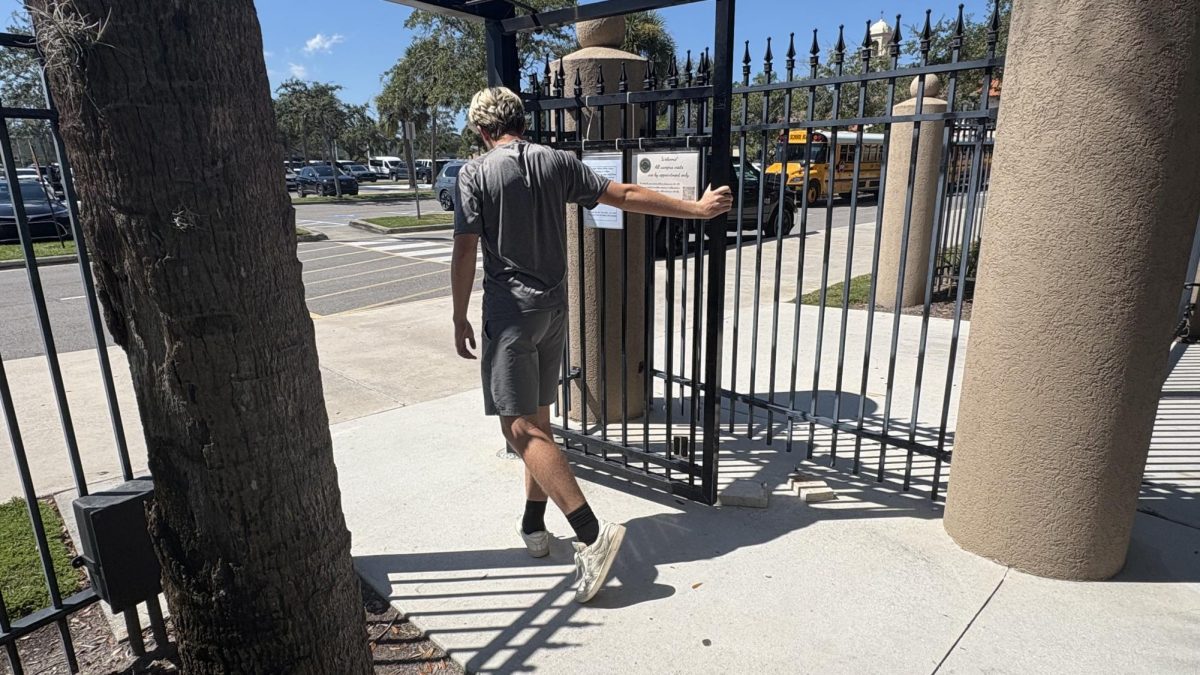


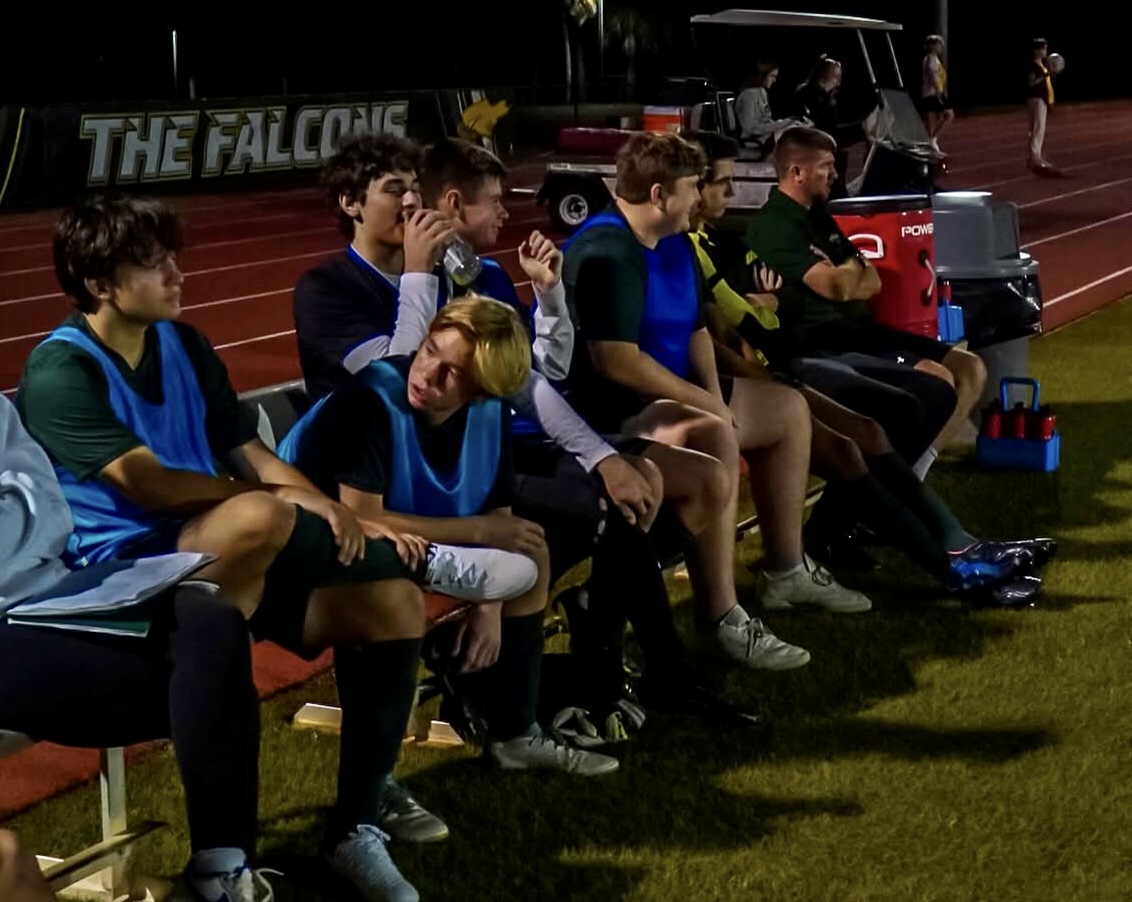
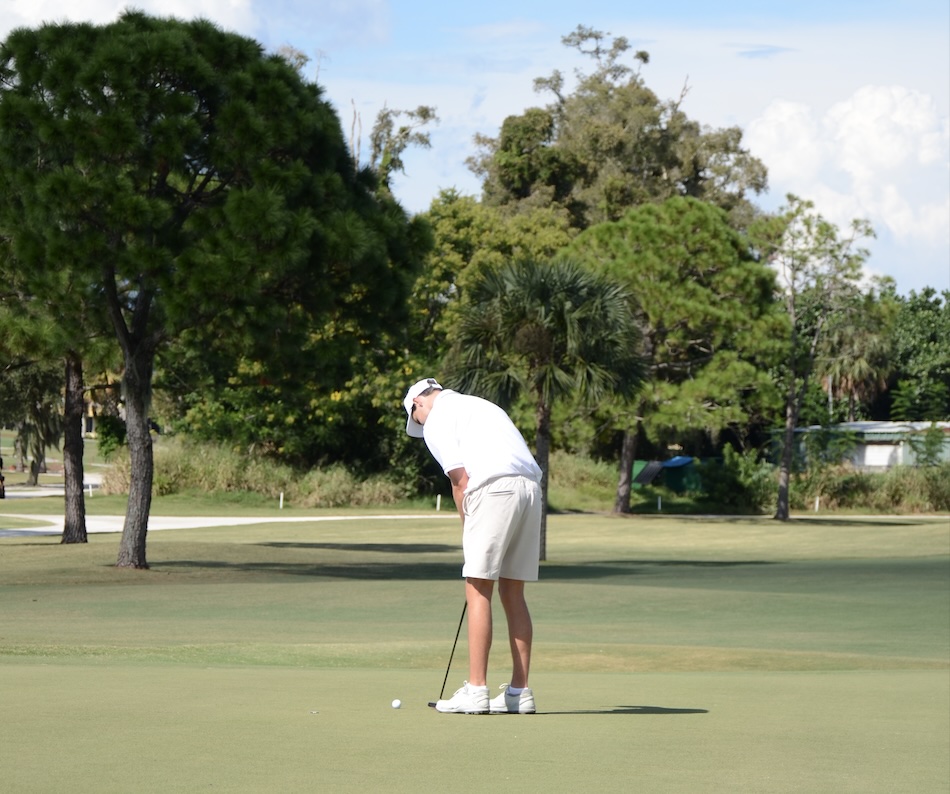

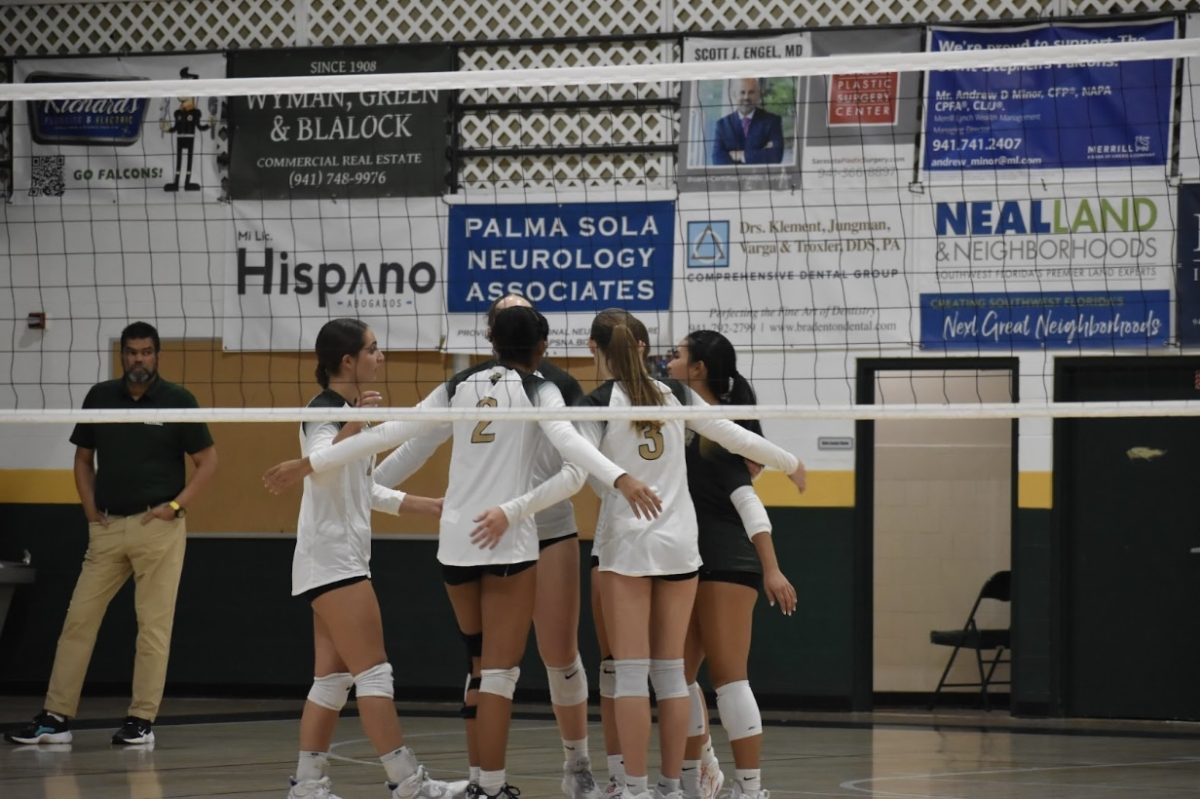
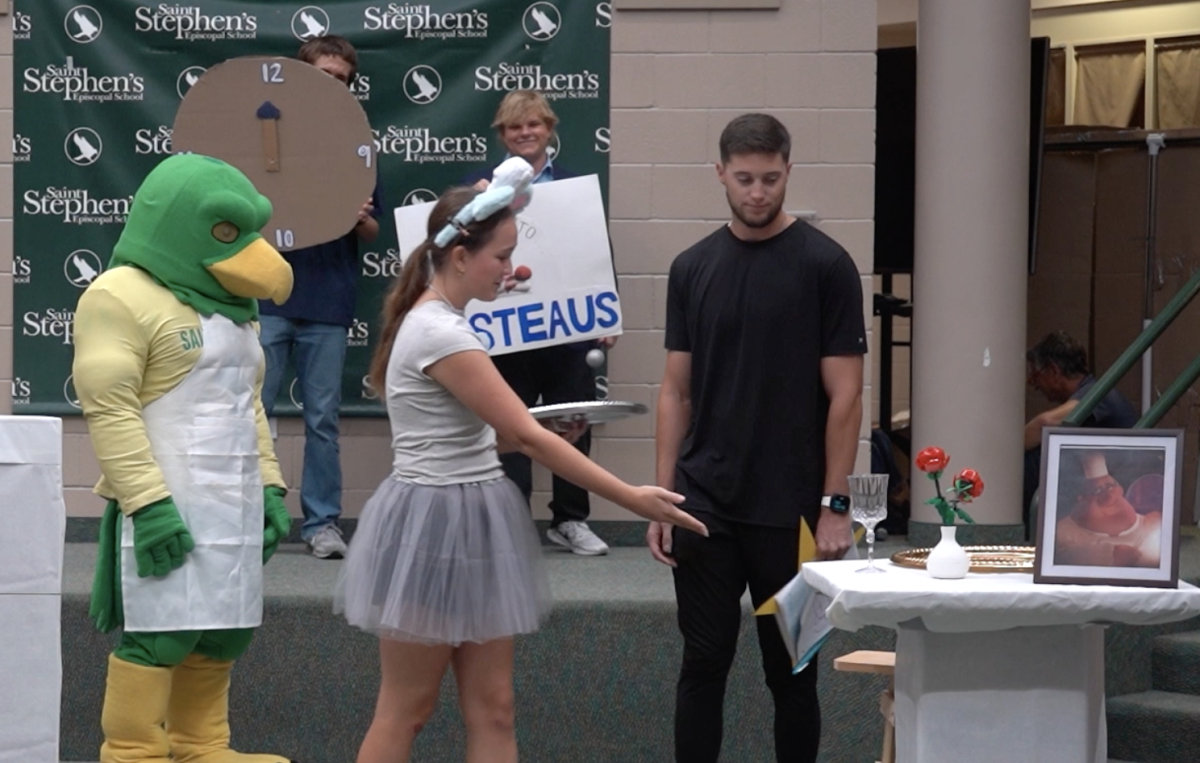


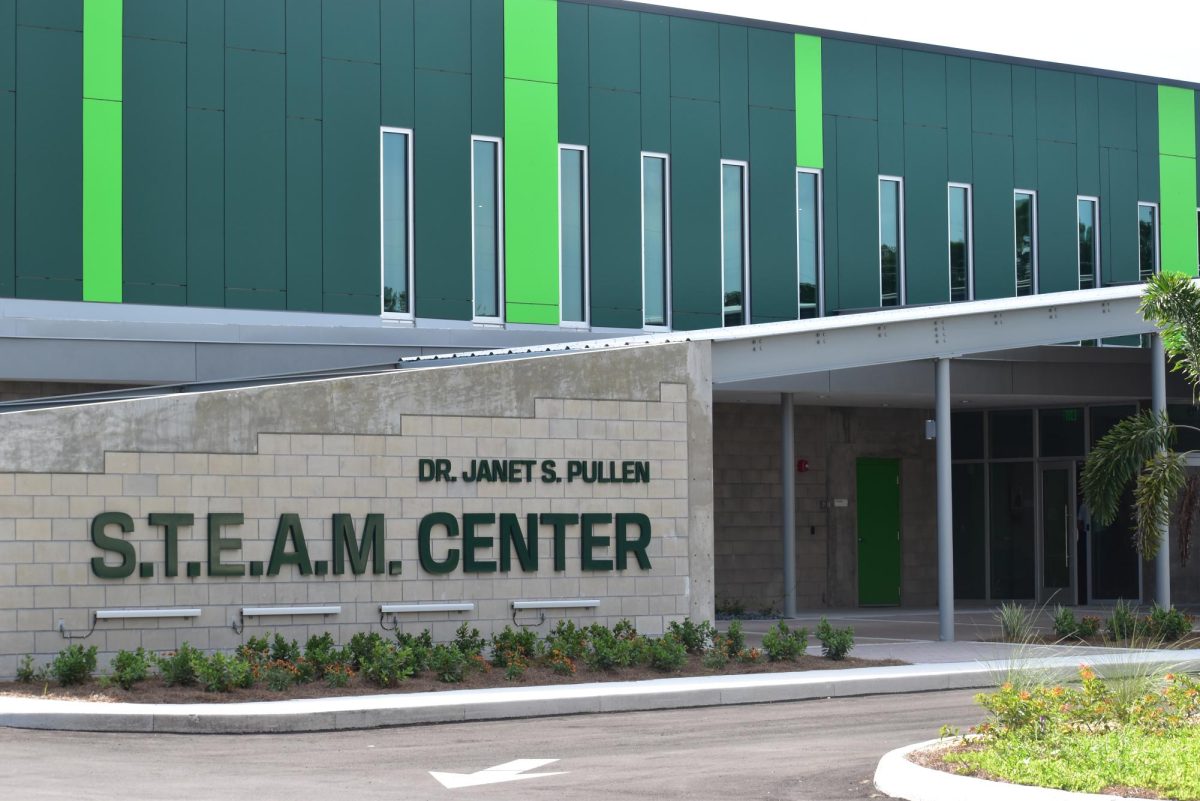
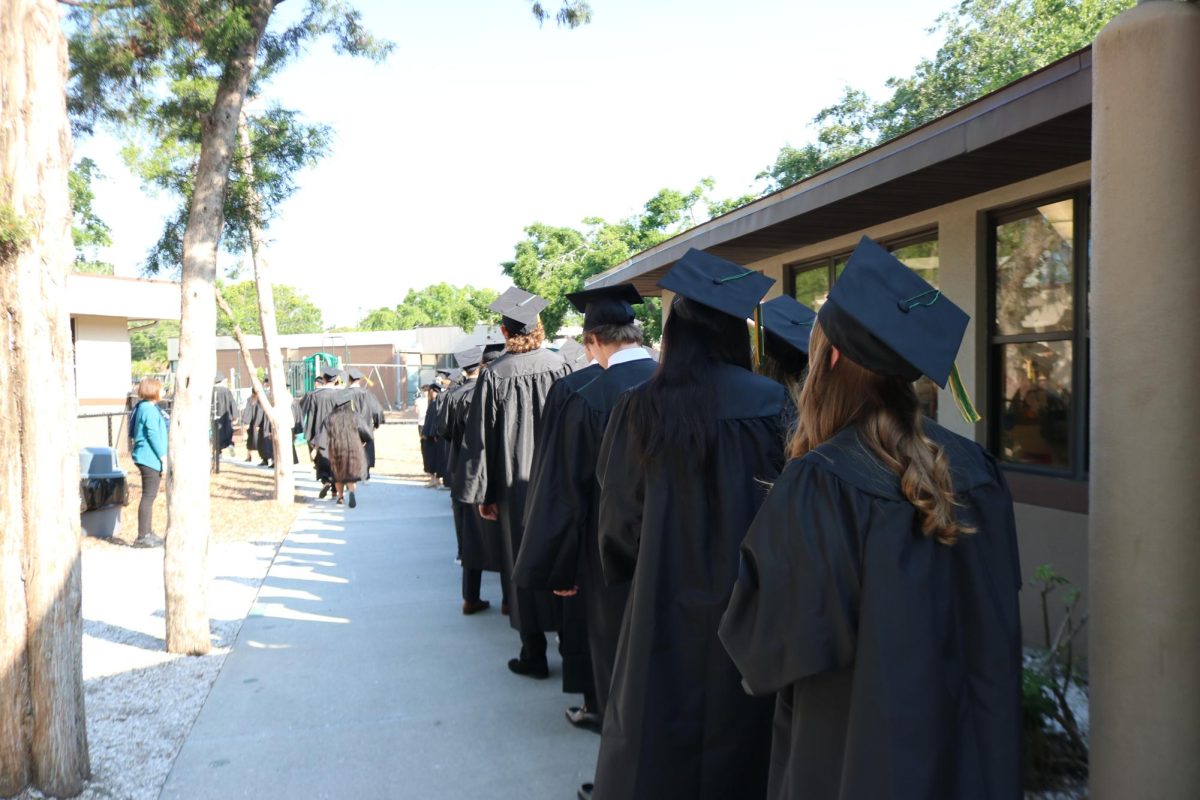










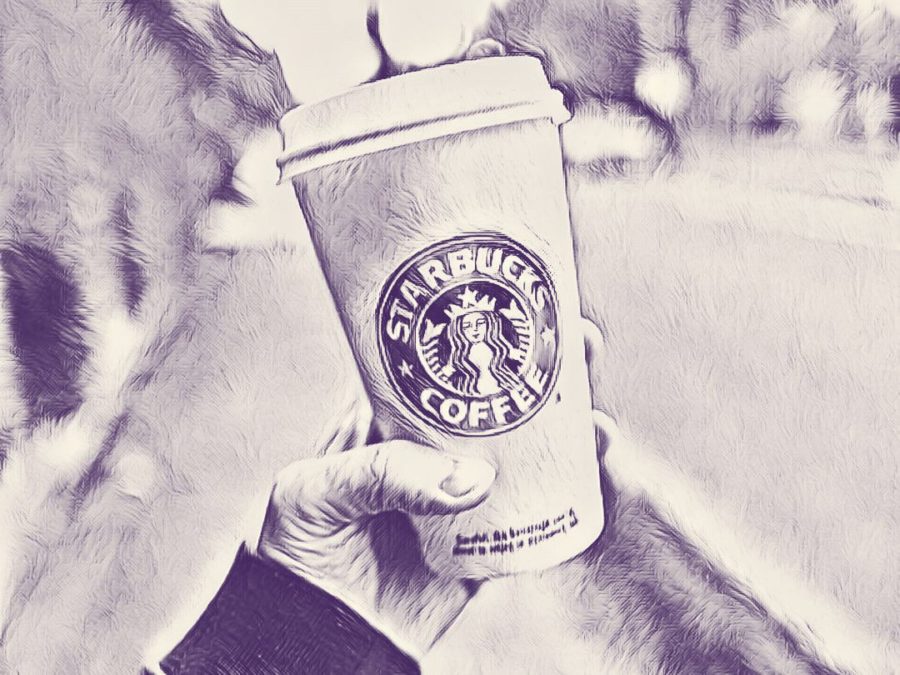
Alana • Feb 21, 2019 at 11:33 pm
I completely agree! As a fellow Starbucks gold member, I consume my fair share of Starbucks ingredients each week, and I actually did not know this was going on!! Thank you for sharing! Starbucks is actually one of the few things I consume that is not Organic, and I really wish they would switch to Organic milks and related products, so I am glad to know other people are actually thinking about this, and hopefully Starbucks will improve their ethical and health policies!